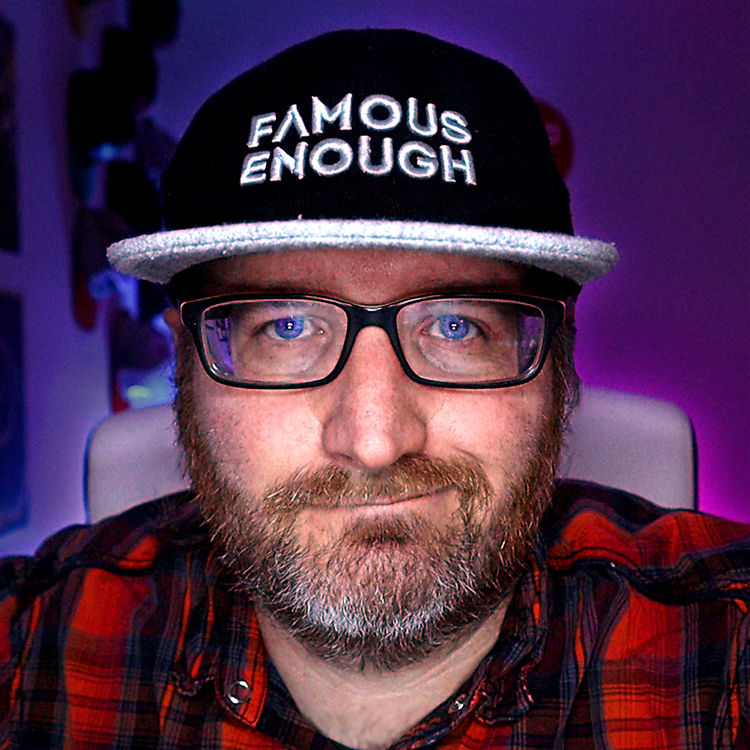It’s been a while since I’ve blogged, and with the new year finally here I have a lot of ideas and cool things to talk about. I was going to wait until my new design rolled out to do a new post, but this is something that’s important enough to warrant it’s own post.
If you are unfamiliar with what’s going on lately, there is a piece of legislation (two, technically, but only one that is of dire importance at the moment) passing through Congress that will affect the way you use the Internet. It’s poised to allow rampant censorship from corporations who wish to micromanage their content have their say, and it means that social sharing and fair use will be scrutinized to the point of non-existence.
The legislation, called the “Stop Online Piracy Act” (or SOPA), is currently in the House right now, waiting to be debated, legislated, and put into motion. The bill was introduced by Rep Lamar Smith (R-TX) on October 26. Without all of the legalese to bore you, if this act passes, it allows the entertainment industry to censor sites that they “feel” are infringing on their copyright. It would allow the U.S. Government and private corporations to “black list” websites by blocking their DNS settings on US soil. In short, if you are a website, and someone feels like (not necessarily proves, mind you) that you are infringing, you can be made inaccessible to US citizens, taken off Google, and even have your payment options frozen.
If you own a website, the implications are pretty cut and dry. But what if you are just a user? What if you are only online because of Facebook, Twitter, or the other social sites? Those sites cannot exist in a world where SOPA is law. For example:

Now, if you’re a Redditor or regular Facebook User, you may see a picture like this floating around. Granted, most of them may have cats or dudes in weird hats, but sometimes movie stills like this one make their way into Internet culture and give us all a good laugh. Boromir here doesn’t approve of SOPA because this image could cause an entire website to be taken down. Want to share that new Justin Bieber music video on Facebook? Nope – you could legitimately cause Facebook to be taken offline. Youtube, Twitter, and any website where social content is created is at risk.
Want to see just how impactful this is? Before Christmas, Universal Music issued a takedown request to YouTube for a video by Kanye West, Mary J. Blidge, and other famous music stars. The kicker: Universal had no claim to the copyright – the song was done free-and-clear from other means. UMG was simply trying to censor a pro-“Free Internet” song (MegaUpload, the subject of the video, is a file-sharing website that has legitimate files hosting on it).
If you’ve heard enough and want to show you demand a free and uncensored Internet, there are lots of ways to get involved. Write your Representative (it works – see below), talk about SOPA on Twitter and Facebook, and make sure that you vote with your money and/or voting power this year (it’s election year – keep reminding people of that and watch them squirm).
That said, this Thursday I have personally been invited to a round-table discussion hosted by Rep. Jim Cooper (D-TN, 5th District) in Nashville to discuss SOPA and its implications. I am very much looking forward to having my voice be heard, especially because I know that I will be among industry representatives and people who support SOPA. I’ll be spending the next few days doing my homework and preparing, but know that I will be a voice calling for an Internet without restriction.
I am against piracy – there are plenty of low-cost alternatives to pirating material (Louis C.K’s latest video is proof that people will pay for content – over $1M from a video that only costs $5? Yes!) and digital distribution methods have brought the cost down and allowed people more freedom to enjoy music, movies, and software than ever. But this heavy-handed approach to piracy is too far. It’s up to us to preserve the freedom of information that the UN has declared a basic human right.
Resources:
- /r/SOPA – where most of the brouhaha is coming from
- the EFF’s response to SOPA
- via Wikipedia
(I’ll add more resources as I find them)

